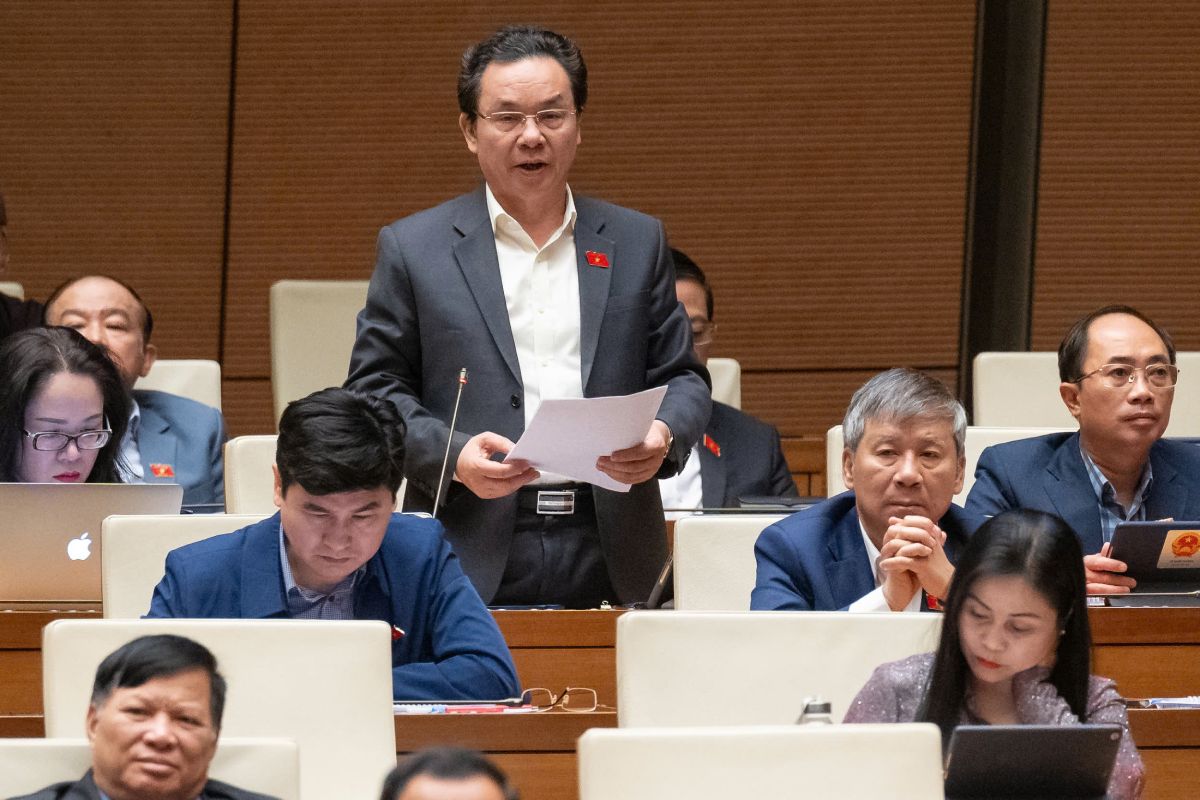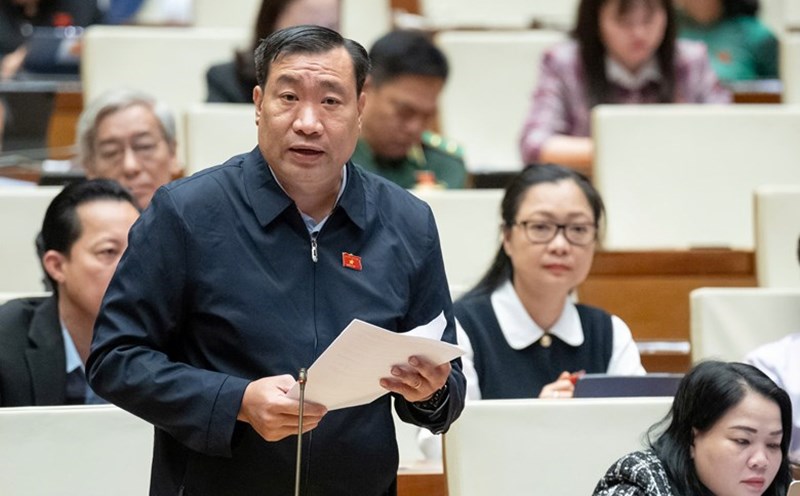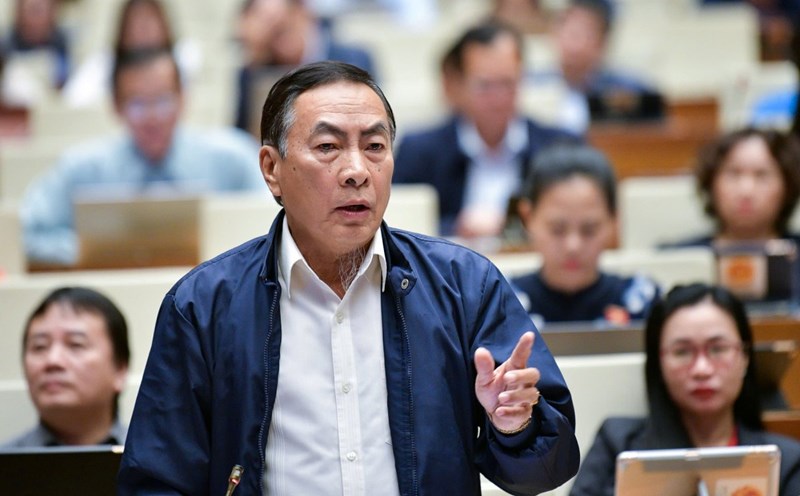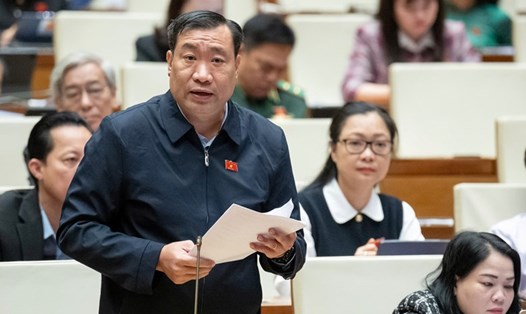Tax Facilitation for Small and Medium Enterprises
On the morning of November 28, the National Assembly discussed in the hall the draft Law on Corporate Income Tax (amended).
Speaking at the discussion session, delegate Nguyen Van Than (Thai Binh delegation) said that this law has a great impact on small and medium enterprises. Currently, small and medium enterprises account for about 97% of nearly 1 million enterprises.
Regarding tax rates, the bill stipulates a tax rate of 15% for enterprises with total annual revenue of no more than VND3 billion. Delegates said that the regulation has not resolved practical difficulties.
From there, the delegate suggested that appropriate tax regulations should be made, not a fixed 15% tax. If this can be done, businesses will be very excited to participate in production and business.
Regarding taxes on digital currency trading, delegates said that we need to research and consider calculations to have a tax collection orientation.
Countries around Vietnam have regulations on this issue; Vietnam cannot be allowed to be a tax haven for cryptocurrency traders.
Although not giving specific figures, delegate Nguyen Van Than said that in reality, currently, digital currency trading in Vietnam ranks second in the world, after the US.
Tax exemption for private non-profit enterprises is needed.
Delegate Hoang Van Cuong (Hanoi Delegation) said that according to current regulations, organizations providing public career services to promote socialization are not public units.
For example, private hospitals and private schools enjoy the highest incentive level of corporate income tax exemption for the undivided portion.

Delegate Hoang Van Cuong basically agrees with this point of view. Because this is a policy for us to encourage and develop non-public educational units but develop for non-profit purposes.
Therefore, the tuition and hospital fees paid by patients to these organizations are not for profit or profit sharing with shareholders, but the main purpose is to invest in and develop facilities to serve patients.
Delegates believe that this is a direction to encourage development, and it is necessary to include in the law the exemption of corporate income tax for private enterprises and private services that operate non-profitably.
At the same time, public service units operating in the fields of health and education must be considered non-profit units and must be exempted from corporate income tax.
However, under current regulations, we only exempt taxes on basic and essential services that use the state budget or public service units that are supported by the state and have guaranteed operating costs.
Thus, public service units currently implementing the autonomous mechanism, that is, self-determining revenue levels, self-ensuring revenue and expenditure based on the principle of correct and sufficient calculation, not using the state budget, are subject to corporate income tax. Delegate Hoang Van Cuong said that this is inappropriate.
Therefore, the delegate suggested that the Drafting Committee should consider ensuring the factors of health and education services to achieve the goal of meeting social requirements, and should not include tax factors here, except in cases where these public service units do not serve normal public activities but carry out joint ventures and associations to make profits.
According to delegate Hoang Van Cuong, for units with joint ventures and associations, we can collect corporate income tax.









